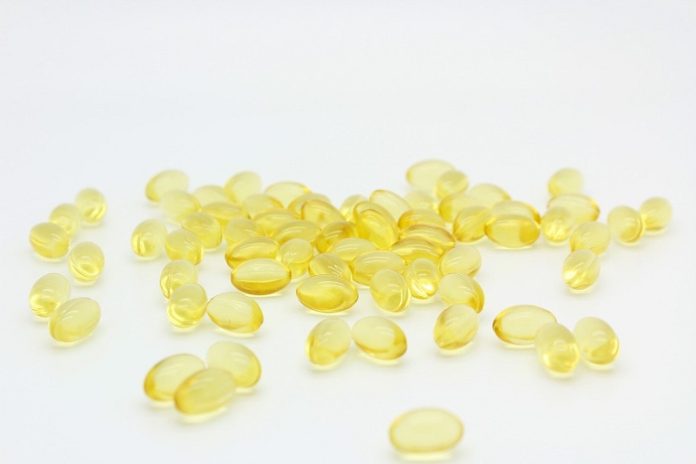
Depression is a condition where people feel sad, and hopeless, or have trouble enjoying things they used to love.
Researchers have been studying whether taking vitamin D supplements could help improve depression symptoms, but the results have been inconsistent.
So, they decided to do a big study called an umbrella meta-analysis to see if they could get a more conclusive answer.
They looked at 10 different studies that involved people taking vitamin D supplements for depression.
What they found was really exciting! People who took vitamin D supplements had significantly fewer depressive symptoms compared to people who took a placebo pill.
This means that vitamin D supplements could be a helpful treatment for people with depression.
But the researchers didn’t stop there. They also looked at 4 other studies that looked at the relationship between vitamin D levels in the blood and depression.
What they found was that people who had lower levels of vitamin D in their blood were more likely to have depression than people who had higher levels of vitamin D.
This means that having higher levels of vitamin D in your blood could help reduce your risk of developing depression.
Overall, this big study showed that taking vitamin D supplements and having higher levels of vitamin D in your blood could be helpful for people with depression.
While more research is needed to fully understand how vitamin D works in the body and brain, this study gives us hope that simple things like taking a vitamin supplement could help improve mental health.
How to eat to prevent depression
While diet alone cannot prevent or cure depression, it is an important part of overall health and well-being. Here are some dietary recommendations that may be helpful in reducing the risk of depression:
Eat a balanced diet: Eating a variety of foods from all the food groups, including fruits, vegetables, whole grains, lean proteins, and healthy fats, can help ensure you are getting all the nutrients your body needs to function properly.
Include omega-3 fatty acids: Omega-3 fatty acids are found in fatty fish like salmon, mackerel, and sardines, as well as in flaxseeds, chia seeds, and walnuts. Some research suggests that omega-3s may help reduce symptoms of depression.
Limit processed and refined foods: Processed and refined foods like sugary snacks, fast food, and white bread can cause fluctuations in blood sugar levels, which can affect mood and energy levels.
Limit alcohol and caffeine: While a moderate amount of caffeine or alcohol is generally safe, consuming too much can interfere with sleep and increase anxiety, which can exacerbate depression symptoms.
Stay hydrated: Drinking plenty of water can help keep your body and brain functioning properly. Aim to drink at least 8 cups of water a day.
Talk to your doctor: If you are experiencing symptoms of depression, talk to your doctor about your treatment options. In some cases, dietary changes alone may not be enough, and other treatments such as therapy or medication may be necessary.
Remember, everyone’s dietary needs are different, and there is no one “right” way to eat to prevent depression. It’s important to listen to your body and eat foods that make you feel good and energized.
The research was published in Pharmacological Research and was conducted by Vali Musazadeh et al.
Copyright © 2023 Scientific Diet. All rights reserved.








